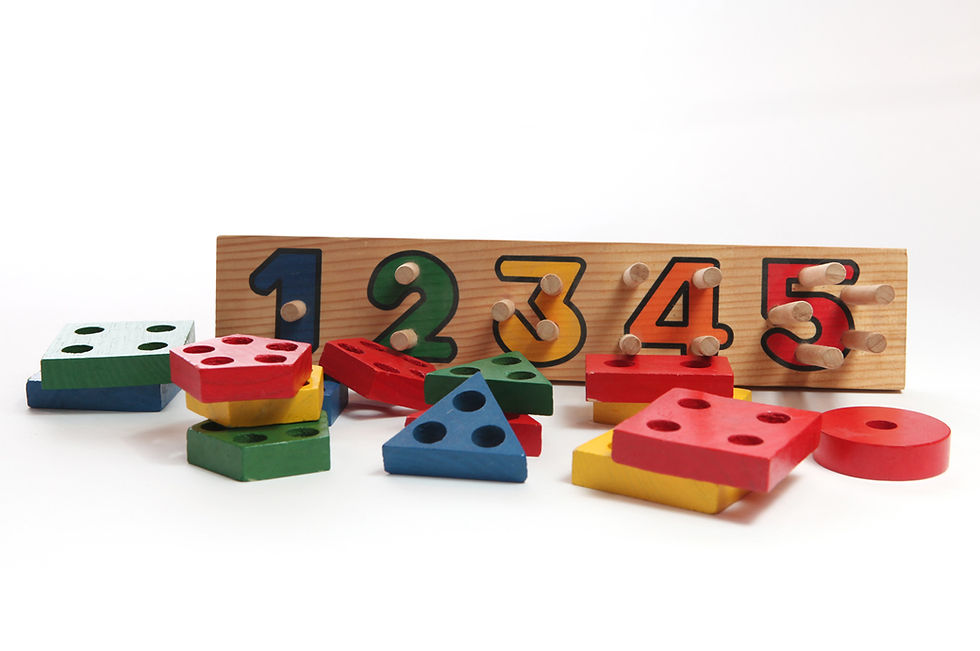Emotional responses are never neutral – successful communication as we emerge from Covid-19
- Sue Thorn
- Jul 6, 2020
- 2 min read
Many membership societies and associations are coming to understand that the way communications will be received has changed – subtly, but also dramatically.
Everyone is in a difficult situation.
We are all hurt children. Members will have an emotional, as well as a practical, response to what you say and do. And the thing about emotional responses is that they are never neutral. You will provoke either a positive response – ‘what a great, supportive society; I’m so glad I’m a member’ – or negative – ‘well, if that’s the level of their support, they can whistle for my support in future’.
Even a simple careless communication can provoke the latter response and it’s very hard to regain that goodwill once lost.
The associations that will be successful on the other side of this:
· Are communicating more often with their members, making sure that all phraseology communicates support, care, attention to members’ concerns and needs – whilst also sounding natural;
· Have surveyed their members at least once already to establish what problems they face and what help they need from their association;
· Have looked strategically at where the prime needs are and have mapped these on to their charitable objects and their strategic aims;
· Are repurposing budgets to focus on current needs;
· Have introduced new kinds of services to support members in the short term;
· Are reviewing and planning for the longer term;
· Are engaging with members all through this process and encouraging one-to-one communication where members would like to talk to a senior association person.
The importance of understanding emotional responses goes beyond communication too. At In The Round Advisors, we develop this thinking further to include your capabilities, processes and leadership behaviours. To find out more, just contact us. We're ready to help.





Comments